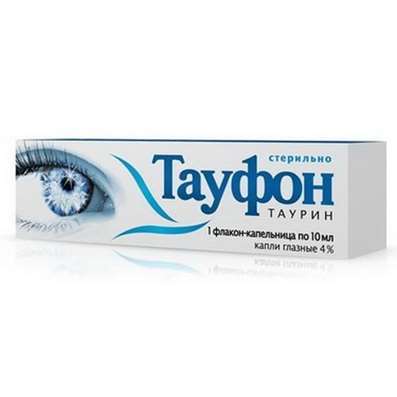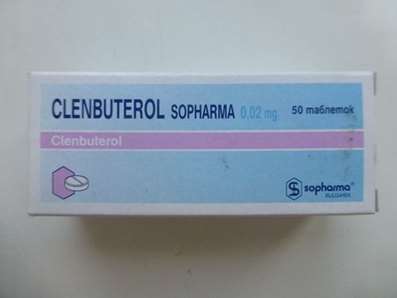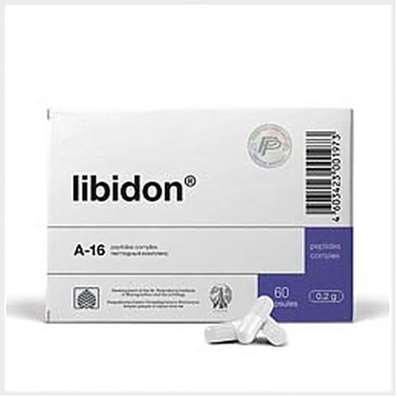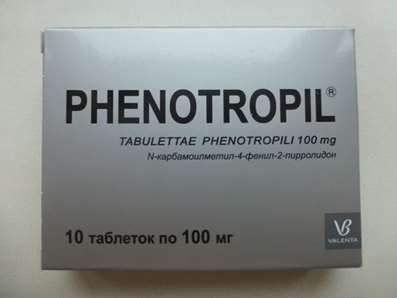Statistics on the use of dietary supplements
27 Dec 2016
Use of dietary additives is the widespread phenomenon among citizens of the USA age of 20 years and more. The national research revealed the state of health and population food which is carried out in the 2011th year that during the period from 2005 to 2008 more than 50% of the population of the USA used at least one dietary additive (multivitamins, minerals and vegetable additives). As it became clear, multivitamins and multimineral additives were in the greatest demand among buyers. Dietary additives often are considered as life-savers from such illnesses as unbalanced food, shortage of physical activity and the wrong mode of a dream. While shortage of physical activity isn't a problem for most of athletes, still there is an opinion that use of dietary can nullify consequences of food which basis is food not rich with useful substances. This assumption is submitted wrong and incorrect, but meanwhile use of dietary additives grew more, than by 10% from 1994 to 2002 though during the period from 2005 to 2008 indicators of growth decreased, and in certain cases small fall took place at all.
With the growing number of the athletes using dietary additives also the number of the state bodies having powers in the field of sport which enter the fundamental principles for risk minimization for health and safety of athletes, support of standards of ethics and decrease in risks of legal responsibility grows. For example, the Sports Association of High School of Iowa dissuades personnel of school, including trainers, from provision, permission of use or making recommendations about any drugs, medicines or nutritional supplements only for improvement of sports indicators. Nevertheless, by results of a secret research among pupils of 9-12 classes it was revealed that 96% accepted any additives. Vitamin supplements, energy drinks (Red Bull), bars and cocktails replacing meal, creatine and medicines for weight reduction were the most popular among those. At the same time friends, trainers and parents were provided as the most reliable sources of information; doctors and nutritionists, unfortunately, weren't mentioned at all. You can try Pinealon.
Similar results were received among athletes and athletes who study in colleges, and also among professional athletes. The obtained data demonstrate that about 80-90% of athletes students use any sports additives. According to researches, female athletes most often use multivitamin supplements, and also additives with calcium and vitamin D. At the same time male athletes most often resort to use of amino-acid and albuminous additives. The fact that at the level of the Olympic Games recession from 2002 for 2009 in the field of use of dietary additives was noted by 8% is represented interesting. The fact that the International Olympic Committee deprived of some athletes of their medals for the use of the drugs forbidden by the World Anti-Doping Agency can serve as the reason of this situation. At the professional level a series of researches taped the fact that 69% of the athletes participating at the Olympic Games in Atlanta and 74% - in Sydney used sports additives though later researches showed the decreasing number of such athletes and, most likely, it happens because of doubtful purity of additives.
It is necessary to take the fact that dietary additives are extremely widely used in sport into account. Thus, that athletes, the trainers and people acting in sports disciplines knew about what additives can be applied and what it is impossible and also that needs to be looked for as a part of this or that drug is represented very important. Moreover, it is important that all specified persons had a reliable source of information in the field of sports additives.

 Cart
Cart





